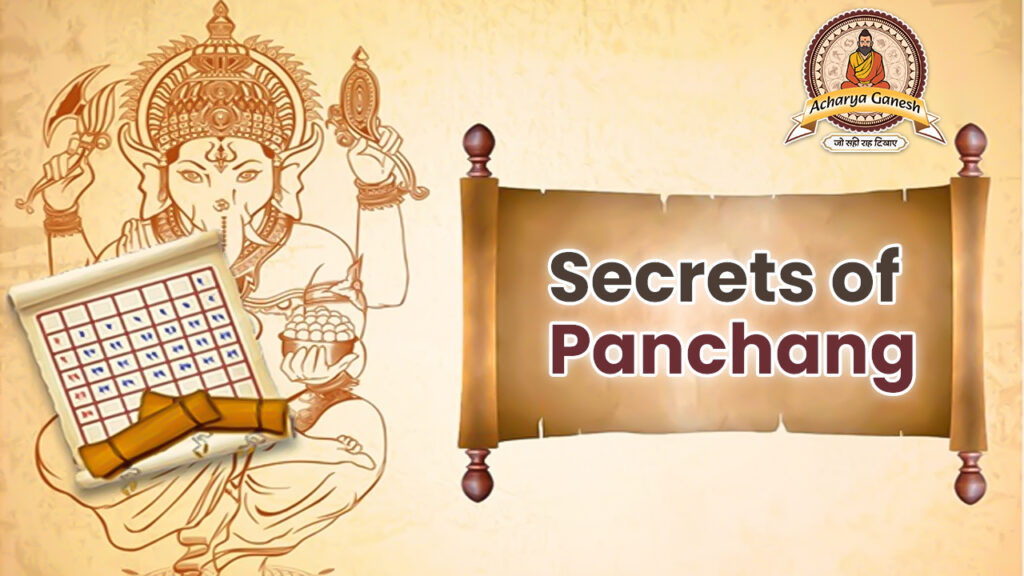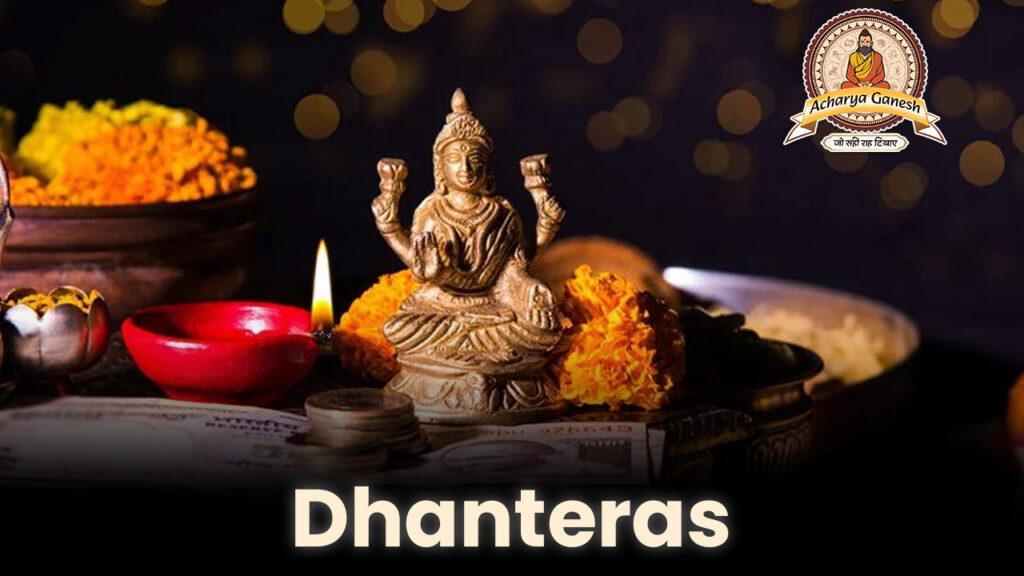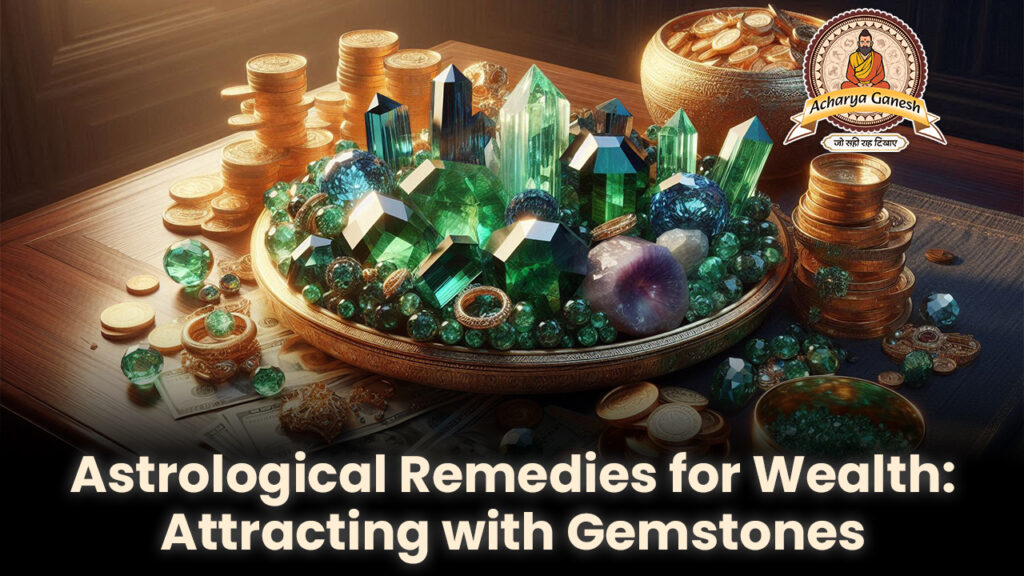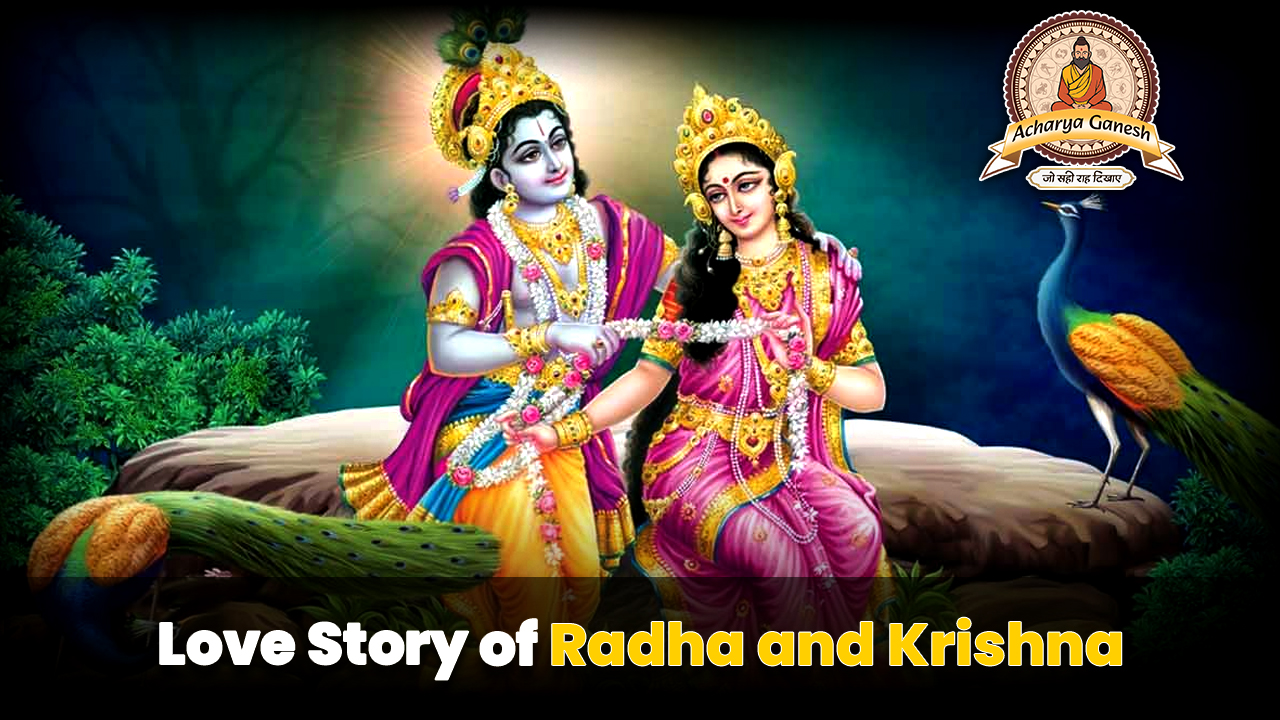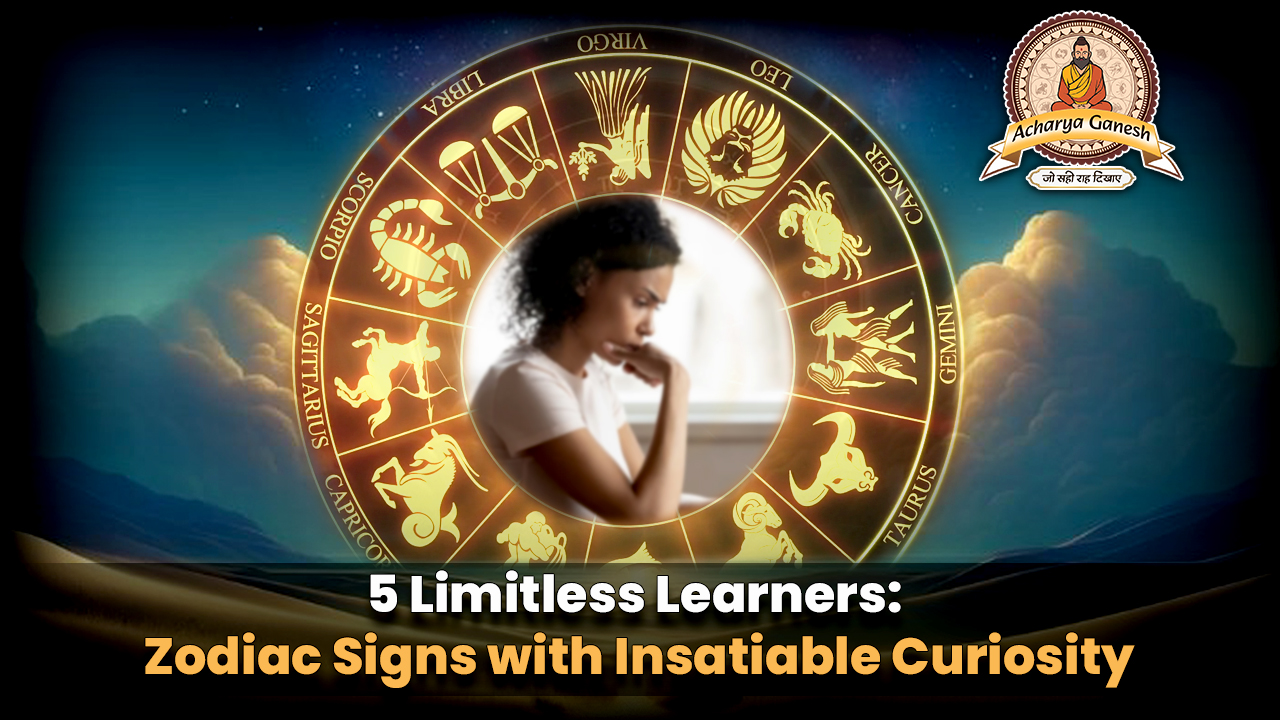8 Immortals as per Hindu Mythology: All you need to know

Introduction to the 8 Immortals in Hindu Mythology
Hindu mythology is full of stories about gods, goddesses, and other amazing creatures. One of the most intriguing figures among these is the 8 Immortals, or “Chiranjivi” in Sanskrit. These extraordinary people have been bestowed with the blessing of immortality, which enables them to endure the ages. We’ll look at the legends surrounding these everlasting creatures and their importance in Hinduism in this piece.
The Concept of 8 Immortality in Hinduism
Before delving into the life of the Eight Immortals, it’s critical to understand the Hindu perspective on immortality. Hindu ideas about immortality often refer to “moksha,” or freedom from the cycle of birth and death. This is in contrast to Western ideas of perpetual existence in a physical form. However, the eight immortals are unique in that it is believed that they will never change from their physical forms.
Now, let’s meet these extraordinary beings one by one.
1. Ashwatthama: The Cursed Warrior
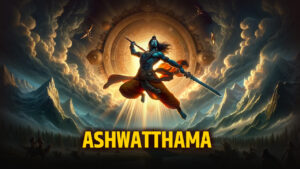
The Son of Drona
Among the Eight Immortals, Ashwatthama, the son of the renowned instructor Drona, is arguably the most tragic. During the Mahabharata battle, he fought as a proficient warrior for the Kauravas. But his deeds both during and after the conflict brought about a horrible curse.
The Curse of Immortality
Following the battle, Ashwatthama unleashed a formidable weapon that posed a threat to the Pandava dynasty’s existence. He was sentenced to 3,000 years of wandering the earth as a punishment, where he would suffer from wounds that would never heal and all diseases. His immortality turned become a liability rather than an asset.
2. Bali: The Righteous Demon King
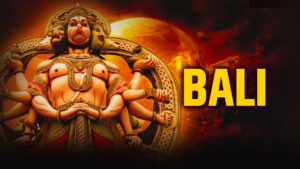
The Generous Ruler
Bali was a demon king who was renowned for his morality and charity. He was a just ruler who won the respect of gods and people alike, despite coming from a demon clan.
The Vamana Avatar
The narratives of Bali and Lord Vishnu’s Vamana avatar are interwoven. Bali kindly granted Vamana’s request for three steps of land, even if it meant forfeiting his empire. Bali was given the authority over the netherworld and immortality by Lord Vishnu, who was moved by his devotion.
3. Hanuman: The Devoted Monkey God

The Eternal Devotee of Rama
Of the eight Immortals, Hanuman, the monkey god, is arguably the most well-known. He is a well-liked hero in Hindu mythology because of his everlasting devotion to Lord Rama and his extraordinary power.
Boons of Immortality
Hanuman was bestowed with immortality by some gods, including Lord Rama. Everywhere the Ramayana is recounted, he is said to be there, signifying unending dedication and service.
4. Kripa: The Wise Teacher
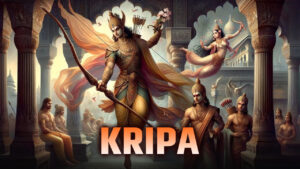
The Royal Preceptor
Kripa, who went by the name Kripacharya, served as the Kauravas’ and Pandavas’ royal mentor. He was a revered character in the Mahabharata because of his knowledge and objectivity.
The Gift of Immortality
Kripa received his immortality as a gift from the wise Gautama, his father. This blessing made him a symbol of eternal knowledge since it enabled him to spread his understanding across the centuries.
5. Parashurama: The Warrior Sage

The Sixth Avatar of Vishnu
Among the Eight Immortals, Parashurama is special since he is also regarded as Lord Vishnu’s sixth avatar. He was a Brahmin who joined the military to combat the oppression of the Kshatriya society.
The Immortal Teacher
Renowned for his proficiency with arms, Parashurama is thought to be eternal and persists in his life as a formidable warrior-sage. He is supposed to show up when people need him to uphold dharma and teach wisdom.
6. Vibhishana: The Righteous Brother of Ravana
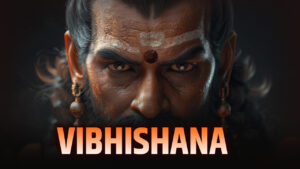
The Just Ruler of Lanka
The demon king Ravana had a younger brother named Vibhishana. In contrast to his brother, Vibhishana was virtuous and supported Lord Rama in the conflict with Lanka.
Immortality as a Reward
Vibhishana received the kingdom of Lanka and immortality as rewards for his adherence to the dharma. He represents the triumph of morality over kinship when duty demands it.
7. Vyasa: The Author of the Mahabharata

The Great Sage and Compiler
Vyasa, also called Ved Vyasa, is credited with writing the Mahabharata and compiling the Vedas. In Hindu literature, his literary achievements and wisdom are unmatched.
Immortality Through Knowledge
Many people interpret Vyasa’s immortality as a sign of the enduring quality of wisdom and knowledge. Generations have been guided and inspired by his works, which have rendered him eternal through his lessons.
8. Maru and Devapi: The Future Kings

The Hidden Rulers
The two least well-known of the eight Immortals are Maru and Devapi. It is thought that they are rulers who have retired into solitude to await the proper moment to return and establish dharma.
Guardians of the Future
These two immortals stand for optimism about the future. It is thought that they are safeguarding the solar and lunar dynasties, prepared to reestablish just governance at the appropriate time.
The Role of Immortals in Hindu Mythology
Hindu mythology places great importance on the Eight Immortals, who act as bridges between various eras and guardians of age-old knowledge. They frequently make appearances in tales as mentors, teachers, or helpers during dire circumstances. Because of their immortality, they can see how Hindu philosophy views time as cyclical, which gives them a unique perspective on the timeless realities of life.
Lessons from the Lives of the 8 Immortals
Each of the 8 Immortals offers valuable lessons for us to ponder:
- Ashwatthama teaches us about the consequences of our actions.
- Bali exemplifies generosity and keeping one’s word.
- Hanuman shows us the power of devotion and service.
- Kripa represents the importance of wisdom and impartiality.
- Parashurama demonstrates the balance between spiritual pursuit and worldly duties.
- Vibhishana teaches us to stand for what’s right, even against our own kin.
- Vyasa symbolizes the immortality of knowledge and the power of storytelling.
- Maru and Devapi remind us to have hope for a better future.
Modern Interpretations and Cultural Significance
The legends of the Eight Immortals are still fascinating and motivating today. They can be found throughout popular culture, literature, and art, where they are frequently reworked to speak to current themes. The fact that they are still relevant in Hindu philosophy shows how timeless the ideals they stand for are.
Many Hindus think that these immortals are still among us, gently guiding humanity as we go about our daily lives. The idea of the Eight Immortals inspires us to consider our own legacies and the impact we have on the world, whether interpreted literally or metaphorically.
Conclusion: 8 Immortals in Hindu Mythology
Hindu mythology’s Eight Immortals provide an enthralling window into the complex fabric of Hindu philosophy and ideas. Every immortal, from sad characters like Ashwatthama to adored gods like Hanuman, offers a different viewpoint on life, responsibilities, and the eternal nature of the soul. Millions of people are genuinely eternal in their hearts and minds because of the stories they have told, which still inspire, instruct, and provoke thinking.
Thinking back on these old stories, we are reminded of the ageless issues they tackle: What does leading a good life entail? How can we reconcile obligation with personal preferences? In what way do we hope to leave our legacy? Examining the lives of the eight immortals reveals not only fascinating tales but also important truths about the human condition.
Also Check- Gun Milan in Astrology: The Cosmic Compatibility Test
FAQs about the 8 Immortals in Hindu Mythology
- Are the 8 Immortals worshipped in Hinduism?
Although there is respect for all eight Immortals, only a few, such as Hanuman and Parashurama, are commonly revered. Some have greater reverence because of their symbolic meaning. - Can the 8 Immortals die if they choose to?
The majority of interpretations view these entities’ immortality as an unbreakable blessing or curse. But according to some reports, they might be able to stop. their immortality if they fulfill certain conditions. - Do the 8 Immortals appear in modern times?
Numerous believers assert that they have seen these immortals in a variety of guises. Nonetheless, these interactions are typically seen as spiritual encounters as opposed to in-person gatherings. - Why are there specifically 8 Immortals in Hindu mythology?
In Hinduism, the number eight is significant and frequently stands for infinity or completeness. Nevertheless, ancient texts do not describe clearly why there are eight immortals. - How do the 8 Immortals of Hinduism compare to immortal figures in other mythologies?
Numerous mythology have immortal creatures; however, the eight Immortals of Hinduism are distinct due to their varied ancestries and functions. These immortals, in contrast to gods or demigods in other faiths, were once mortal creatures who attained immortality via a variety of techniques.



